May 27, 2022
Archeologists have discovered 11 ‘lost’ settlements beneath the Amazon
Posted by Genevieve Klien in category: futurism
A team of archeologists have uncovered eleven previously unknown ancient settlements beneath the Amazon jungle.
A team of archeologists have uncovered eleven previously unknown ancient settlements beneath the Amazon jungle.
ESA astronaut Matthias Maurer spoke with German broadcaster ARD to recount his time in space watching as the Ukraine war unfolded.
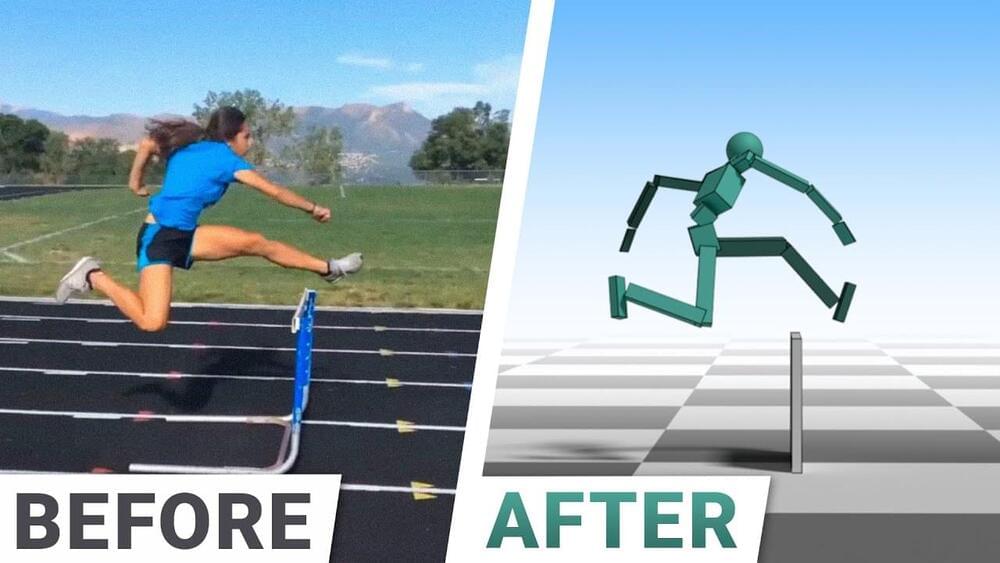
❤️ Check out Fully Connected by Weights & Biases: https://wandb.me/papers.
📝 The paper “Human Dynamics from Monocular Video with Dynamic Camera Movements” is available here:
https://mrl.snu.ac.kr/research/ProjectMovingCam/MovingCam.html.
Continue reading “This AI Makes You A Virtual Stuntman! 💪” »
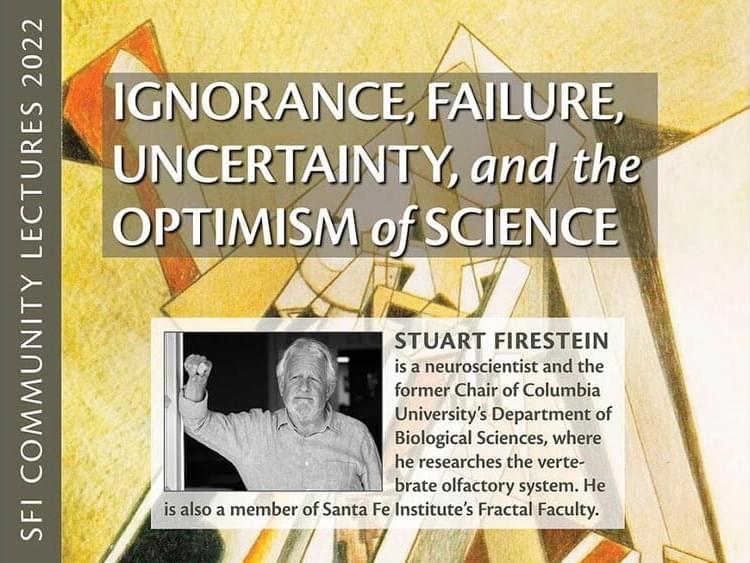
Stuart Firestein Science is a fundamentally optimistic enterprise. More than a cheery disposition, it is the source of a philosophical outlook that we might call ‘optimistical’. It reliably produces fundamental and actionable knowledge about the world. We are able to take for granted, in a way even our recent ancestors never imagined, the idea of progress. The engines behind science, surprisingly, are ignorance, the unknown, failure, and, perhaps most vexingly, uncertainty. In recent decades, science has undergone a change in perspective and practice — from viewing the universe like a clockwork regimented by laws and formulas to recognizing it as irreducibly complex and uncertain. Perhaps counter intuitively this has freed science to exploit previously unimaginable possibilities and opportunities. It has led to a deeper understanding of the nature of things and to the production of technologies such as lasers, microchips, the internet, genetics, and many more. And yet socially and societally we remain mired in a 19th century view of deterministic science. We might instead learn to revel in the adventure of navigable uncertainty and take advantage of the creative opportunities of a world where we can confidently say ‘it could be otherwise’. Possibility of this sort is the rarest and purest form of optimism. Stuart Firestein is a neuroscientist and the former Chair of Columbia University’s Department of Biological Sciences, where he researches the vertebrate olfactory system. He is also a member of SFI’s Fractal Faculty.
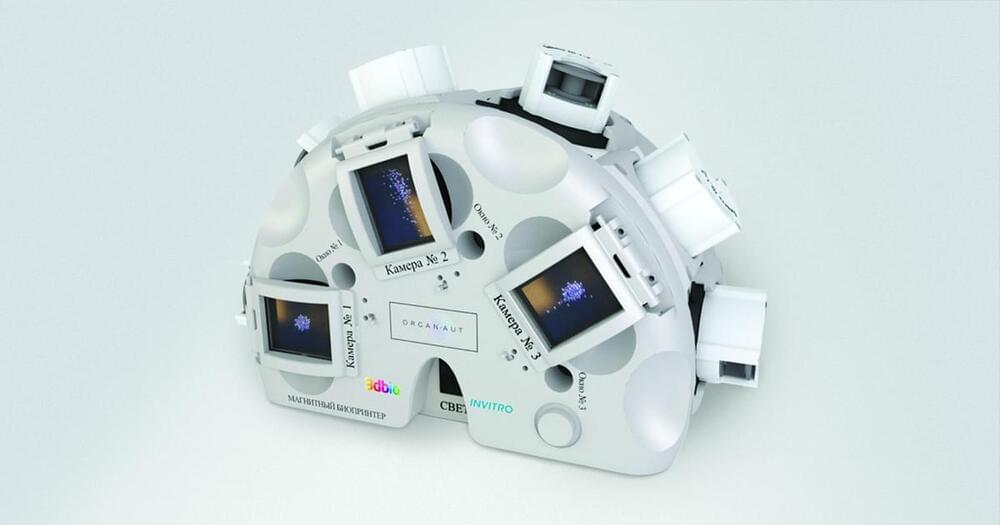
A new bioprinter is proven to work in space. Researchers demonstrated they could 3D print human tissue cells on the International Space Station.
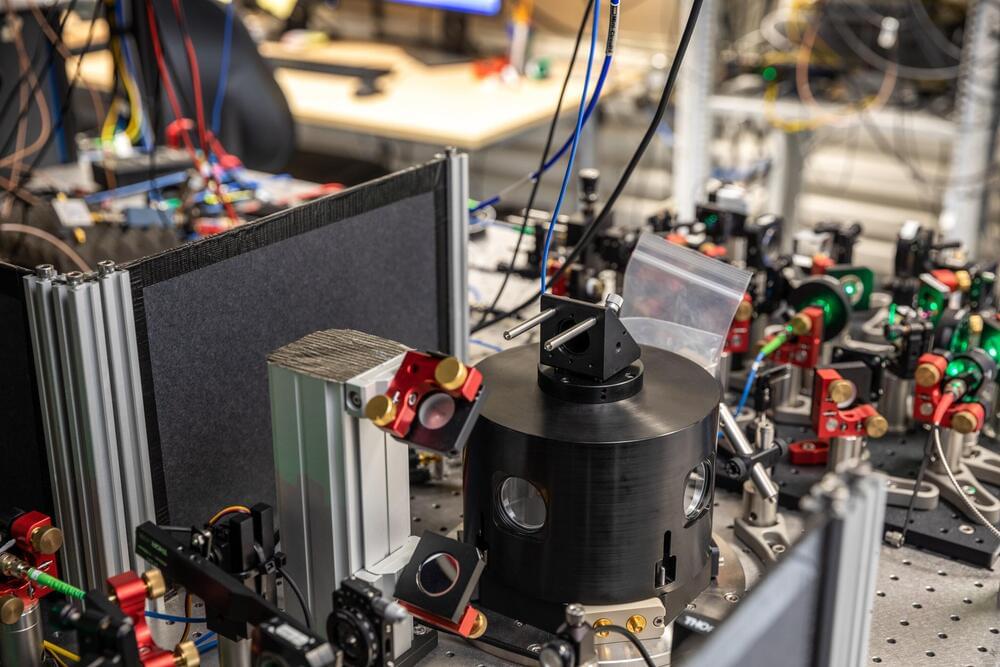
Researchers in Delft have succeeded in teleporting quantum information across a rudimentary network. This first of its kind is an important step towards a future quantum internet. This breakthrough was made possible by a greatly improved quantum memory and enhanced quality of the quantum links between the three nodes of the network. The researchers, working at QuTech—a collaboration between Delft University of Technology and the Netherlands Organization for Applied Scientific Research (TNO)—are publishing their findings today in the scientific journal Nature.
The power of a future quantum internet is based on the ability to send quantum information (quantum bits) between the nodes of the network. This will enable all kinds of applications such as securely sharing confidential information, linking several quantum computers together to increase their computing capability, and the use of highly precise, linked quantum sensors.
Most treatments for strokes aim to help reduce or repair damage to affected neurons. But a new study in mice has shown that a drug already in use to treat certain neurological disorders could help patients recover from strokes by getting undamaged neurons to pick up the slack.
An ischemic stroke occurs when a blood vessel blockage interrupts blood flow to the brain, causing neurons to die off. Survivors can suffer impaired fine motor control and speech, and other disabilities, for which long-term rehabilitation is often required.
Logically, many treatment options in development focus on minimizing or reversing damage to neurons, using things like stem cells, anti-inflammatory drugs, injectable hydrogels, or molecules that convert neighboring cells into neurons.
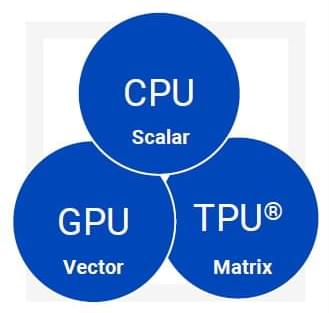
https://youtube.com/watch?v=yfl6Lu3xQW0
One of the things I really enjoy is bacon sandwiches, but that’s not what I wanted to talk about here. Another thing I enjoy is watching a startup company evolve from being a twinkle in its founder’s eye to purveying its first product.
Way back in the mists of time we used to call May 2020 (which is two long years ago as I pen these words), Jim Turley wrote a column on the topic of Creating the Universal Processor here on EE Journal. The focus of this column was a new type of processor called Prodigy that was under development by a startup called Tachyum.
Continue reading “Are You Ready to Lay Your Hands on the World’s First Universal Processor?” »
Algorithms could increasingly influence human culture, even though we don’t have a good understanding of how they interact with us or each other.
